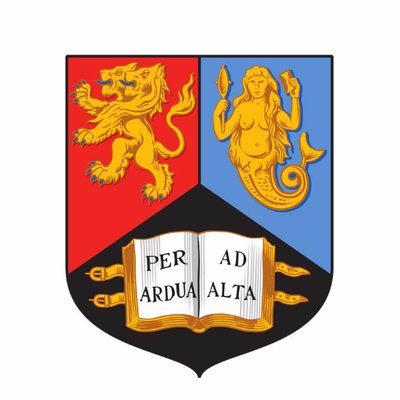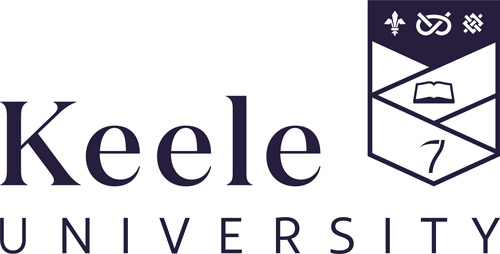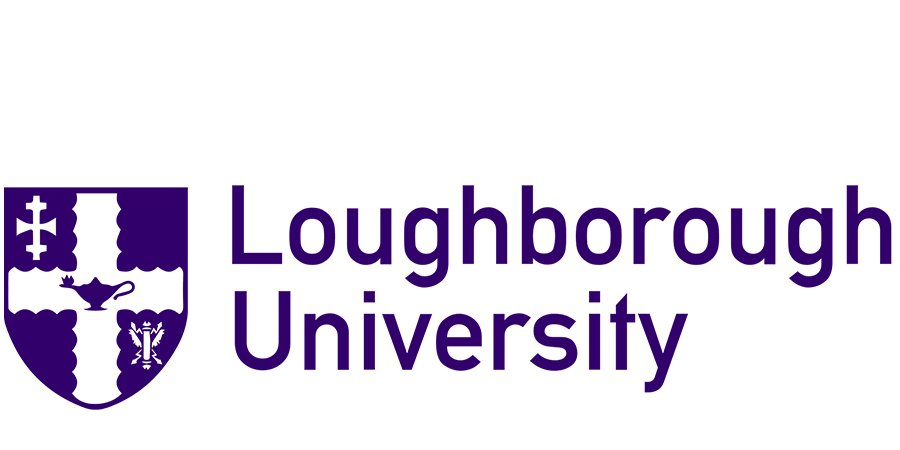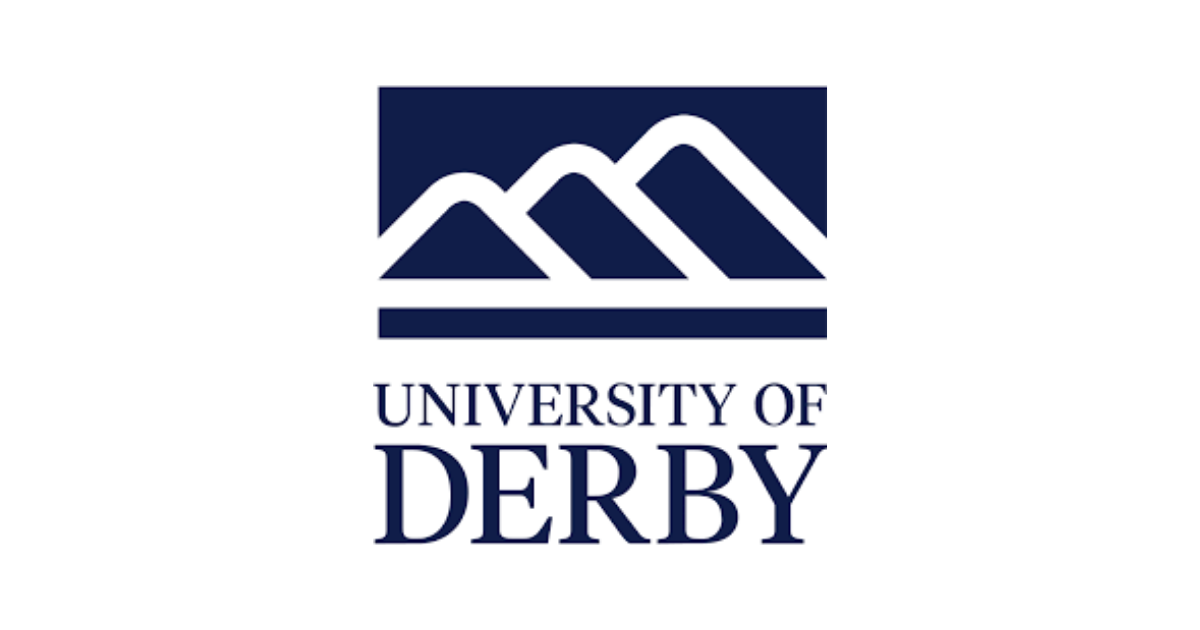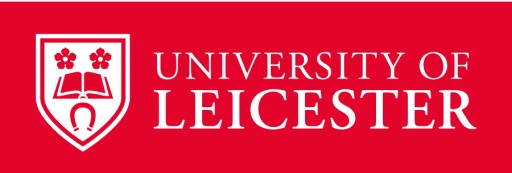University of Birmingham Scholarships: Financial Aid for Indian and International Applicants
The University of Birmingham scholarships offer a gateway to financial freedom for ambitious students worldwide. As one of the UK's leading research institutions, the University of Birmingham is renowned for its innovative programs and vibrant campus life. There is a range of grants and bursaries available for Indian and international students at the University of Birmingham.
These study abroad scholarships cater to undergraduates, postgraduates, and PhD candidates. The University of Birmingham has a funding database covering fields from engineering to the humanities. This prestigious university, known for its red-brick heritage and global rankings, ensures that financial barriers don't hinder your education. Dive in to learn how scholarship opportunities at the University of Birmingham can transform your academic journey.
Benefits of University of Birmingham Scholarships
Securing a scholarship at the University of Birmingham brings more than just financial relief, it's a boost to your career and personal growth. Awards range from £1,000 to £10,000, reducing tuition fees and living costs for university students. The GREAT scholarship awards up to £10,000 for tuition fees of postgraduate taught programmes. The Chevening scholarship offers full financial support to international students enrolled in Master’s courses at the University of Birmingham.
These funds allow you to focus on studies rather than finances, plus perks like networking events and mentorship. Overall, these scholarships enhance your resume, opening doors to global opportunities.
| Scholarship Name | Amount | Level | Key Benefits |
|---|---|---|---|
| Postgraduate High Fliers Scholarship | £5,000 | Masters | Tuition reduction for international students pursuing full-time Master's courses. |
| GREAT Scholarships | £10,000 | Masters | For students from India, Nigeria, Pakistan; covers fees and living expenses |
| Future Skills Scholarship | £9,125 - £12,500 | Masters | Support for Indian students for select Master's programmes at the University of Birmingham. |
| MBA Scholarship | Up to £25,000 | Masters | Financial aid for students enrolled in an MBA at the Birmingham Business School. |
University of Birmingham Scholarships for Indian Students
Indian students will discover several funding opportunities at the University of Birmingham. These university scholarships are designed to reduce financial stress on Indian students in Birmingham. Each scholarship has its own selection criteria and application process.
- Charles Wallace India Trust: Doctoral grants, fully funded scholarships and fellowships are available for Indian students at the University of Birmingham.
- High Fliers Undergraduate Scholarships for India: £5000 scholarships awarded to Indian students enrolled in undergraduate programmes at the University of Birmingham.
- India Inlaks Scholarship: Funds of up to USD 120,000 available to cover Indian applicants’ tuition fees, living expenses, travel and visa costs.
- India JN Tata Endowment Loan Scholarships: Indian students are eligible for loan scholarships for Master’s, doctoral and post-doctoral programmes at the University of Birmingham.
- Lady Meherbai D Tata Education Trust Scholarship: Merit scholarships for Master’s programmes are available for Indian women.
- Postgraduate Chancellor's Scholarship for India: £10,000 scholarships awarded for the first year to Indian students enrolled in Master’s programmes at the University of Birmingham.
Refer to our Scholarship Directory for more information about each scholarship.
Eligibility Criteria
- Must hold an offer to study at the University of Birmingham to apply for scholarships.
- University of Birmingham undergraduate scholarships: Students must have a strong academic record, typically A-level equivalents.
- University of Birmingham postgraduate scholarships: Bachelor's degree with high grades, specifically for master's or PhD programmes.
- Financial need demonstration for some bursaries; merit-based for others.
- English language proficiency (IELTS/TOEFL) as per program requirements.
Application Process
- Apply for your chosen course via the university portal before scholarship deadlines.
- Submit dedicated forms for competitive scholarships, such as GREAT Scholarships, via the British Council website.
- Provide supporting documents: transcripts, personal statement, references, and proof of nationality.
- Deadlines vary for most postgraduate awards.
- Track your application through the student hub; notifications are sent via email.
- For PhD funding, contact supervisors and apply through research portals.
Selection Criteria
- Academic excellence: High GPA or equivalent scores prioritised.
- Personal statement quality: Demonstrates passion, goals, and fit with university values.
- Leadership and extracurriculars: Evidence of community involvement boosts chances.
- Financial need: Assessed for need-based University of Birmingham scholarships and bursaries.
- Country and diversity: Preference for underrepresented regions in international scholarships.
- Interview performance: Some scholarships require virtual discussions.
- References: Strong endorsements from academics or professionals.
Fields of Study Eligible for Birmingham University Scholarships
University of Birmingham scholarships span a wide array of disciplines, ensuring inclusivity for all candidates. Funding is available across schools from the University of Birmingham MBA scholarship to engineering and sciences. Popular areas include business, law, medicine, computer science, and humanities. PhD studentships often focus on research-intensive fields like physics, chemistry, and environmental studies. No matter your passion, these awards support diverse academic pursuits
Tips for a Strong Scholarship Application
Crafting a standout application for the University of Birmingham scholarships for master's or undergraduate programmes requires strategy.
- Start early: Research specific awards and tailor your personal statement accordingly.
- Highlight achievements with quantifiable impacts: Did you lead a project that won awards? Showcase it!
- Seek feedback on essays: Ensure your scholarship essay is error-free and engaging.
- For international applicants: Emphasise cultural adaptability.
- Demonstrate genuine interest in the University of Birmingham: Mention its research strengths or alumni success.
Conclusion
Embarking on your studies with University of Birmingham scholarships can be life-changing. It offers not just funding but a community of innovators. These scholarship opportunities make top-tier education accessible. With determination and the right preparation, your dream degree is within reach. Apply today and join a legacy of excellence

